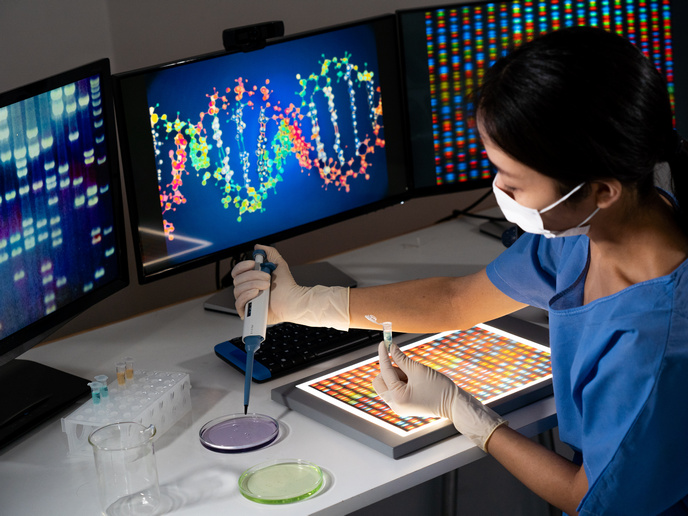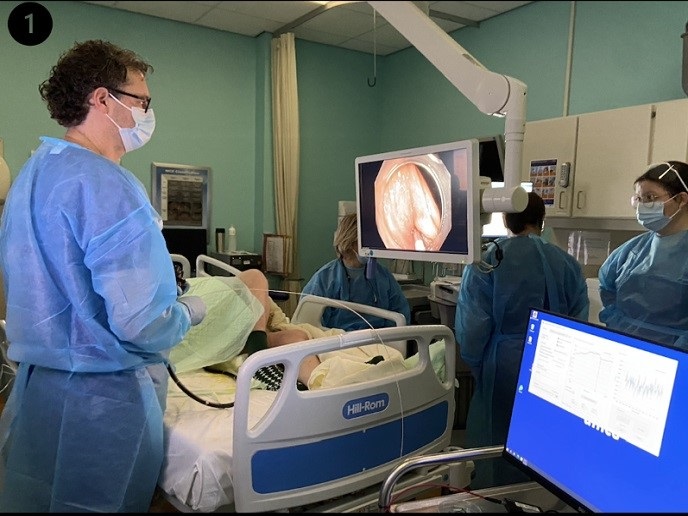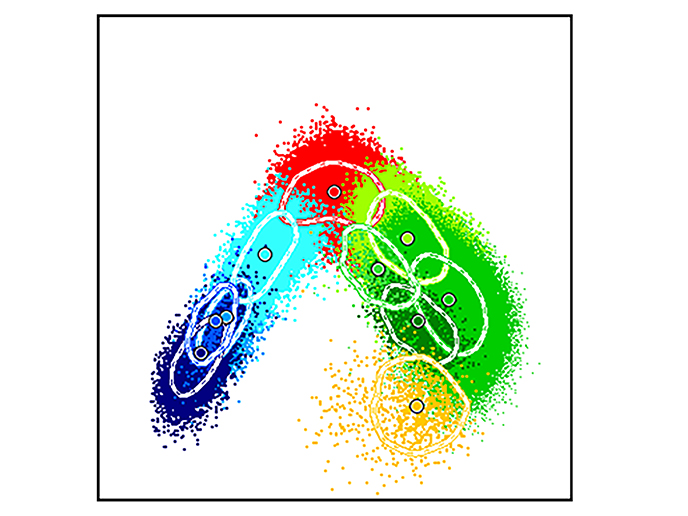Car T-cell innovations offer new cancer treatments
T-cells(opens in new window) – a type of white blood cell – are an important part of the immune system, helping the body to eliminate diseased cells. They are extremely powerful, as they can multiply to make an army proportionate to the threat. It is in large part thanks to them that we are able to fight off viral infections. In recent years, scientists have been able to genetically engineer a patient’s T-cells to recognise and kill cells bearing a specific molecule on their surface. These modified cells – called CAR T-cells(opens in new window) – could help to eliminate cancer cells, by targeting cancer-specific membrane molecules. “CAR T-cells are a technology that harnesses the power of T-cells,” explains Lakhesys project coordinator Jérémie Laurent, CEO of Astraveus(opens in new window) in France. “However, the high cost of CAR-T-based treatments remains a prohibitive factor for their large-scale implementation in healthcare.” This is in part because CAR T-cells are patient-specific genetically modified living cells. As result, optimising the manufacturing process is challenging, as is market scalability. “This is why many pharma companies hesitate and sometimes give up despite strong clinical data,” adds Laurent.
Scaling up CAR T-cell manufacturing
The EU-funded Lakhesys project therefore sought to develop and scale up a viable manufacturing process for CAR-T-based treatments. The concept is based on an innovative microfluidic chip, developed by Astraveus, that the company believes could significantly advance the CAR T industry. “The objective of this project was to develop Lakhesys, a prototype end-to-end modular cell foundry based on this microfluidic technology,” explains Laurent. “You can think of it as a high-tech cell therapy factory.” Much of the project involved frontier research and development activities, with the aim of turning the prototype into a market-ready product. These included multiple new microfluidic technologies such as high-capacity microfluidic bioreactors. “It took organisation and a strong team spirit to develop all these different technologies in parallel,” says Laurent. “We were able to integrate them all into prototypes of increasing complexity and degrees of automation.”
A complete gene therapy production system
The final working prototype of the system – called Lakhesys – allows for automated, standalone, end-to-end production of a CAR T therapy. The team was able to demonstrate the potential of this innovation in addressing development and scalability concerns. “The design, fabrication and validation of this tool is a real breakthrough in the ability to cheaply and accurately produce new treatments,” notes Laurent. “Incorporating these chips into a prototype system demonstrates the huge potential for scaling CAR T production.”
Effective therapies brought to patients
The success of the Lakhesys project opens the door to bringing effective therapies to patients quicker, and in a more resource-efficient manner. “We are currently validating our technology for CAR T manufacturing in partnership with the MEARY Centre(opens in new window) (website in French), AP-HP(opens in new window) (website in French) and Inserm(opens in new window),” adds Laurent. “This should result in a full-scale demonstration of the technology’s potential for reducing costs and increasing throughput. Beyond that, we are preparing ourselves for partnerships and commercialisation.” The hope is that this breakthrough will set new standards for lower cost cell therapy development and scalable manufacturing. In turn, this will lead to ever more advanced cell therapies that will save lives. “The potential of these cell therapies is virtually limitless,” says Laurent. “Our aim is to contribute to making this a reality.”







